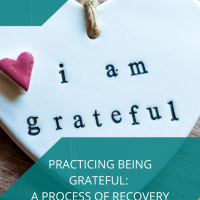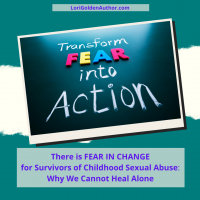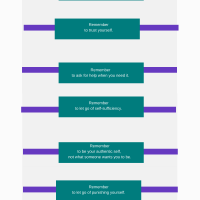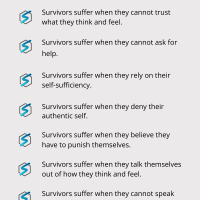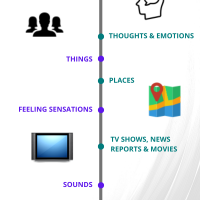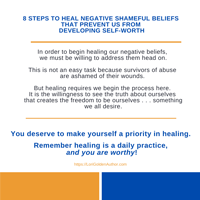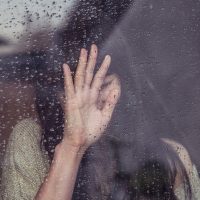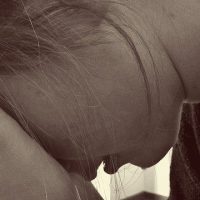Practicing Being Grateful: A Process of Recovery from Childhood Abuse
I first learned about “being grateful” in Narcotics Anonymous 33 years ago. As a survivor of childhood sexual abuse, these words sounded foreign to me. I learned to suffer at a young age, which became a conditioned way of life, and it was a shadow that followed me into adulthood. In short, I had nothing to be grateful for. It took me two years to become willing to look at my resistance to being grateful because I was afraid to challenge my conditioned belief that I deserved to suffer. My unwillingness to begin being grateful … Read more
